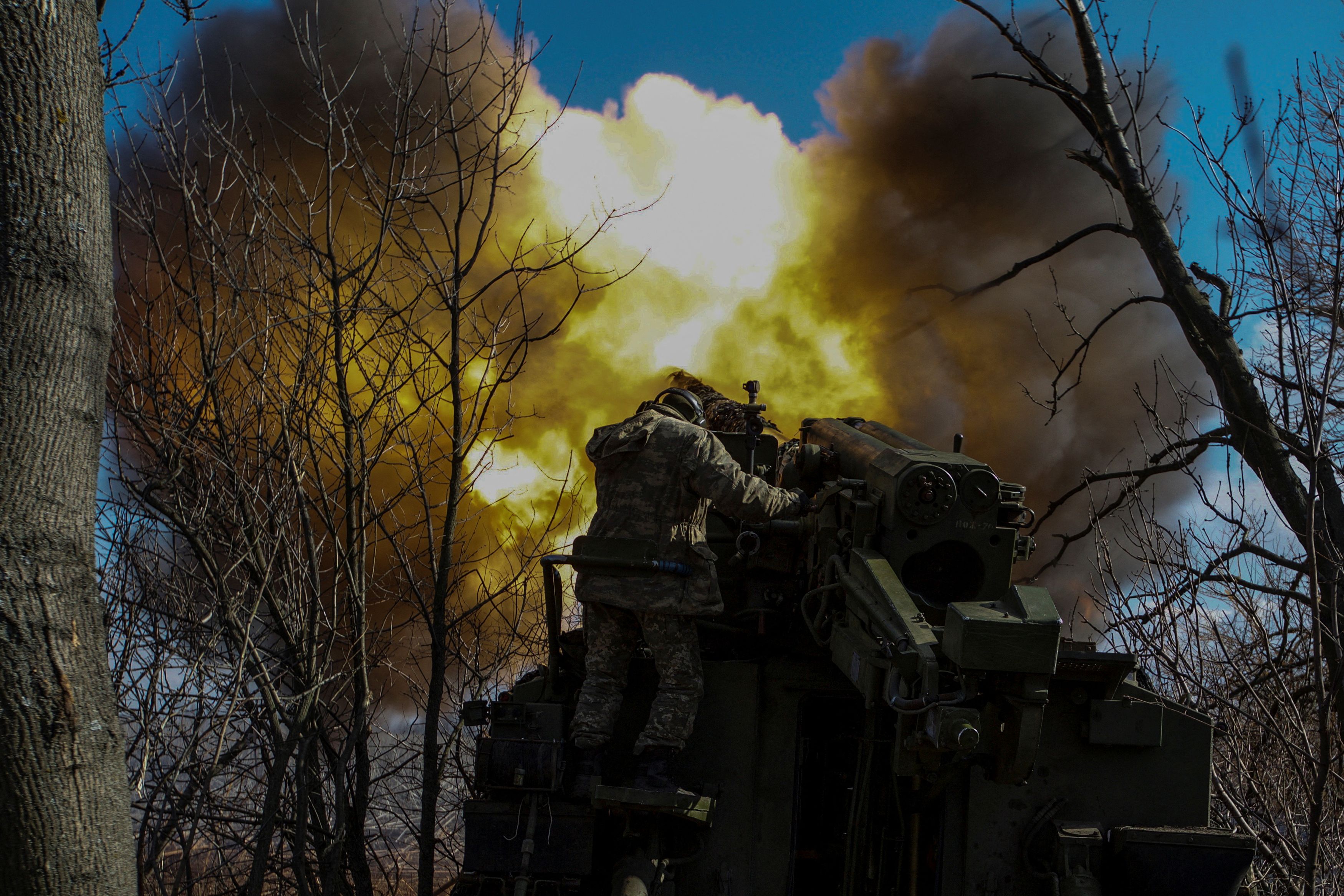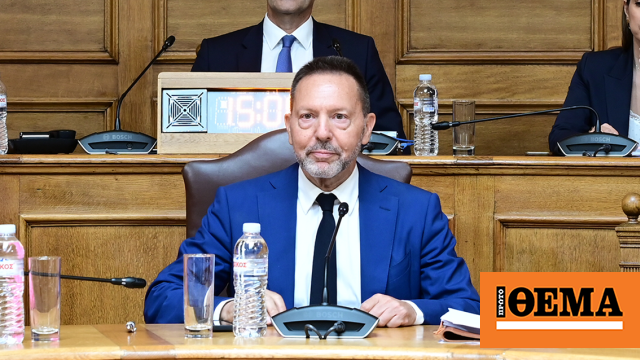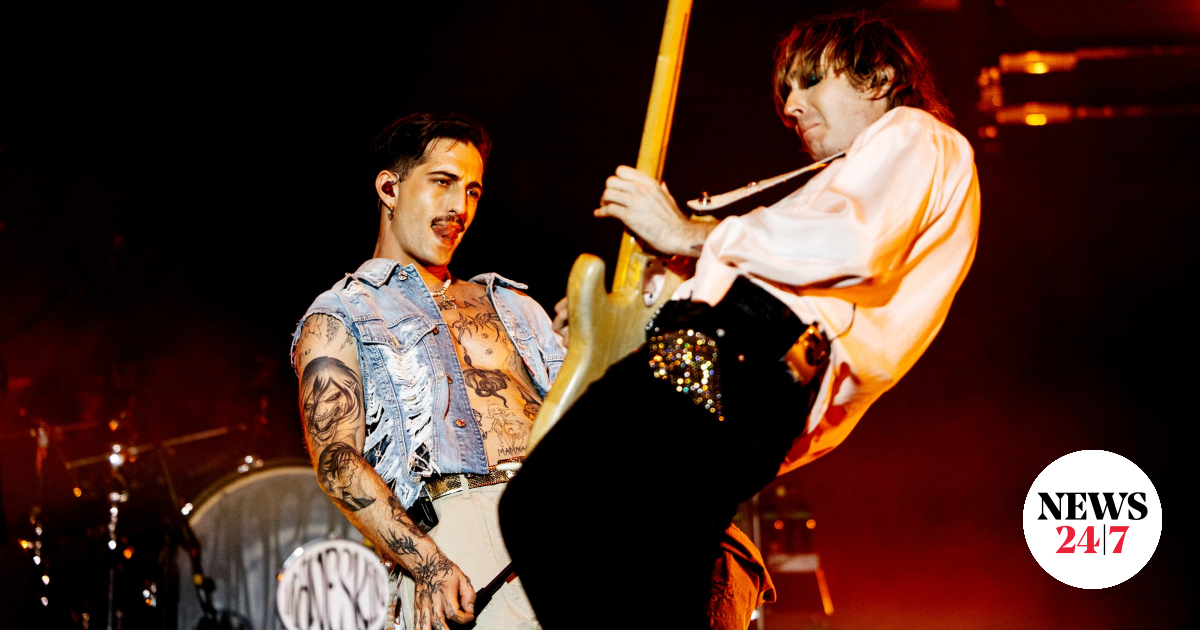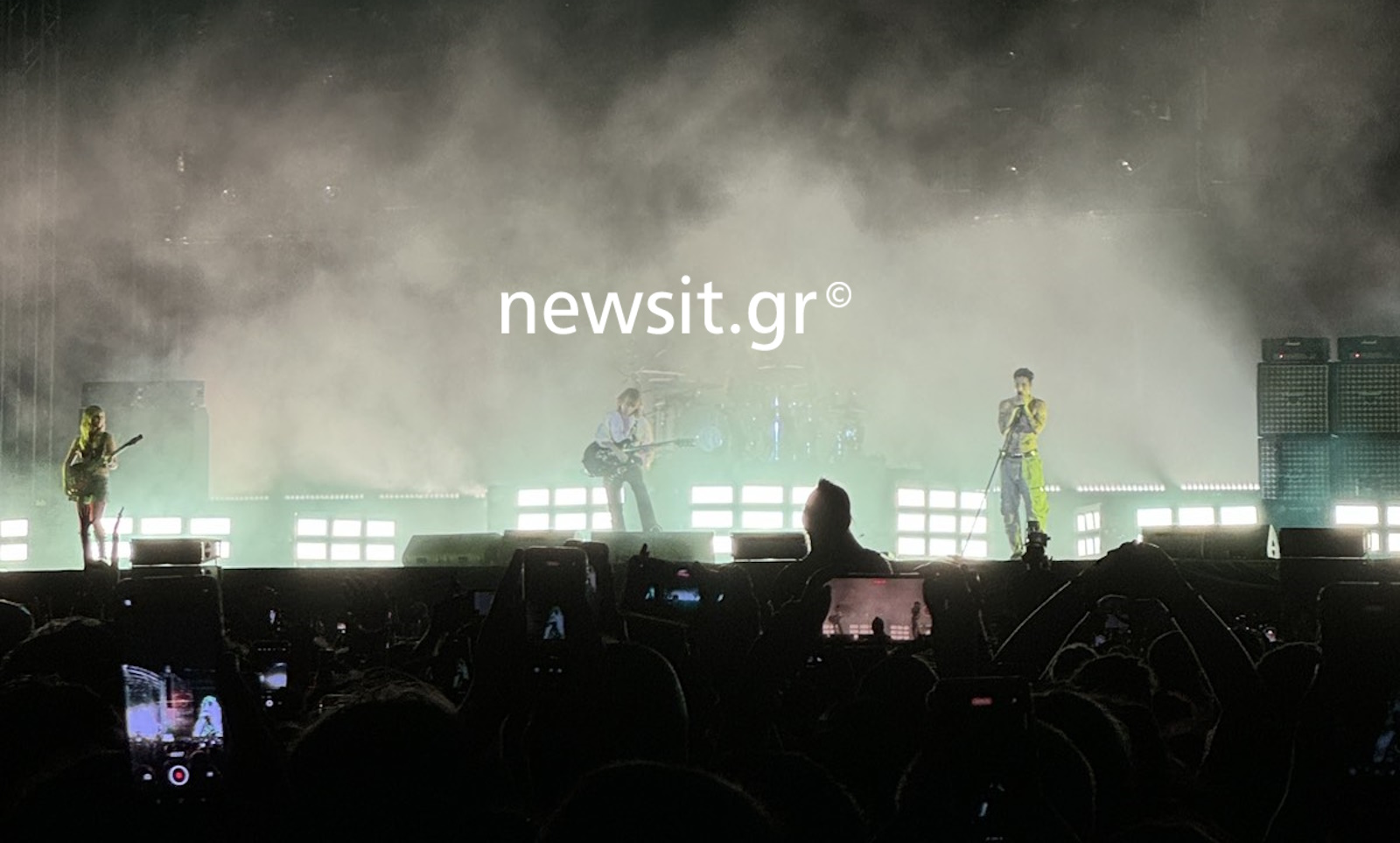
The Russian invasion of Ukrainian territory “reborn” NATO, but now it must decide how to proceed.
In Vladimir Putin’s book Strategic Mistakes, there is no doubt that his worst goals concern NATO.
The 30-member Cold War-era military alliance twice described as “brain dead” by Emmanuel Macron is now in its glory days again thanks to the Russian president.
As mentioned before guardian, Prior to Putin’s 2014 annexation of Crimea, NATO’s military forces stationed in post-Soviet Eastern European countries were small.
The Russian invasion of Ukraine turned this flow into a torrent.
The glove… fell off
A bumbling Putin has already pushed the world’s most armed military power to “set up” camp on Russia’s doorstep.
Russia’s invasion of Ukraine has revitalized NATO, fostered a sense of mutual support among its members, strengthened ties between the United States and the European Union, increased defense budgets, and prompted neutral Sweden and Finland to join its ranks.
However, as the same British publication points out, the above does not change the fact that NATO is once again in a serious confrontation with Russia, which is likely to last longer than the war itself.
Obviously, that was never the plan. No doubt NATO countries will congratulate themselves at their annual summit in July by presenting a united front.
But the problem is that the Russian invasion also caused the worst setback in the history of the alliance.
evil principle
The catastrophic failure of deterrence – the traditional raison d’être of NATO – made Putin believe that he could take control of a European country and not … open his nostrils.
The truth is, he may still think he can do it.
With 40,000 troops, large air and naval assets, and hundreds of thousands of reserves, NATO shows the Russian president’s inability to finish the job he has begun.
In fact, to ensure its failure, it has eight multinational battle groups, in Bulgaria, Hungary, Romania, Slovakia, Estonia, Latvia, Lithuania and Poland, guarding the difficult borders of the alliance with Moscow, as his country extends from the Baltic Sea to the Black Sea. .
position of the Russian president
The Russian confirms that today’s confrontation was not due to his fatal mistakes.
He specifically claims that it is the result of NATO’s long-planned strategy to contain, isolate, and destroy Russia, which dates back to the time of the 1990 Western promise not to expand the alliance eastward.
As he said in his last address to the nation, on the sad first anniversary of the start of the war in Ukraine on February 24, 2022, NATO pursues a specific and historic goal: “The dismantling of the former Soviet Union and its core entity, the Russian Federation.”
Thitis vs. victim
This claim is the core of the Russian president’s narrative, namely that he and his country are the victim, not the perpetrator.
It also fuels a more fundamental disagreement between Russia and NATO, over whether the two are actually at war.
Trying to justify the Russians at home with the impossibility of achieving victory in a short period and the increase in the death toll, Putin insists that not one country is fighting him, but the entire West.
However, NATO leaders insist they are not fighting Russia, they are simply helping Ukraine defend itself.
But as more and more sophisticated Western weapons and money reach Ukraine, that argument is becoming more and more difficult to maintain, writes The Guardian.
The level of NATO’s military support to Volodymyr Zelensky’s country far exceeds what was expected a year ago.
complex complications
Obviously, NATO has been slow to make relevant decisions, and the current debate over whether there should be a cap on its assistance to Ukraine proves that the Alliance still has no concrete military goals.
Does the West ultimately seek the defeat of Russia, which translates to the victory of democracy over authoritarianism, or does it simply want Ukraine’s liberation?
Joe Biden presented himself from Warsaw ready for war, but Olaf Soules and Emmanuel Macron are known everywhere to “see” an agreement between the two sides at the end of the tunnel.
These differences in positions help Putin, he writes the same text, and points out that the impossibility of accepting NATO countries, if they ultimately want Ukraine in their group, for fear of a possible expansion of the war to other countries, only makes matters worse.
What’s the future
Because Putin has proven many times in the past that he does not need a reason to attack.
And NATO is now in a hurry to decide whether to continue to be a defensive alliance, or an effective crisis response team, by any means necessary at any time…
This is a battle the West cannot lose, but which it cannot hope to win, when NATO raises its fist in the air but does not advance an inch, the Guardian concludes.

“Hipster-friendly coffee fanatic. Subtly charming bacon advocate. Friend of animals everywhere.”





More Stories
Woke Agenda: Infuriates Elon Musk, Burns Politicians, Targets the Secret Service
Panic after steam explosion in Yellowstone Park
Germany: Government spends over half a million euros so ministers can see… Euro matches